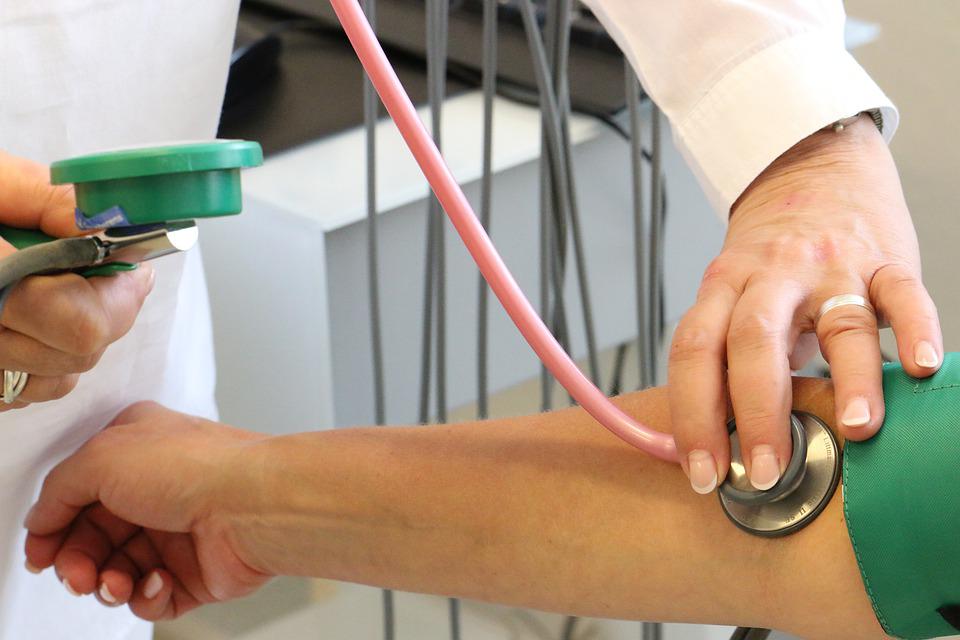
Treatment of hyperactive thyroid gland
If you have hyperthyroidism, as a rule, a hospital specialist, called an endocrinologist, will monitor your treatment and not your family doctor. There are three commonly used treatments for hyperthyroidism:
Thionamides – are drugs that prevent your thyroid gland from producing too much T4 or T3 (the other hormone that your thyroid secrets called triiodothyronine). These may take some time to work, so you may not notice any improvement in your symptoms for several weeks. Side effects are common, including skin rashes and joint pain, but they usually go away when your body gets used to treatment.
Beta-blockers – can help if you take thionamides for the first time, as they can relieve some of the symptoms of hyperthyroidism before thionamides become effective. These medications are often prescribed for heart problems such as hypertension, angina and heart failure.
Treatment with radioactive iodine – either in the form of a capsule or a drink – may be recommended to reduce the thyroid gland. However, it is not suitable if you are pregnant or have thyroid disease (TED). Unlike thionamides, which you usually have to take for a long time, treatment with radioactive iodine is usually given in one or two doses. However, your thyroid may no longer be active as a result of radioactive iodine treatment
Surgery – is also an option in cases where your thyroid is severely swollen (resulting in a knot in the throat called goitre) when your symptoms return after a thionamide cure or when you cannot receive treatment with radioactive iodine. Some or all of the thyroid gland can be removed, which means you need to take levothyroxine to permanently replace your thyroid hormones.
Nutrition and your thyroid
Many nutritionists believe that some foods as part of a balanced diet can help support your thyroid and keep it healthy. Here is a brief overview of what you should eat and what you should avoid if you already have thyroid disease:
Iodine is probably the most important mineral for your thyroid, so keep your thyroid healthy by eating fish, seafood and seaweed, which are all good sources. However, if you have thyroid disease, it is advisable to avoid excessive amounts of foods rich in iodine
Brazil nuts and other nuts contain selenium, a mineral essential for thyroid function. It is thought to help regulate the production of thyroid hormones and support the conversion of thyroid thyroid hormone thyroxine (T4) to triiodothyronine (T3), a biologically active thyroid hormone. Other foods containing selenium include seeds, oysters, tuna, pork, beef, onions and garlic.

